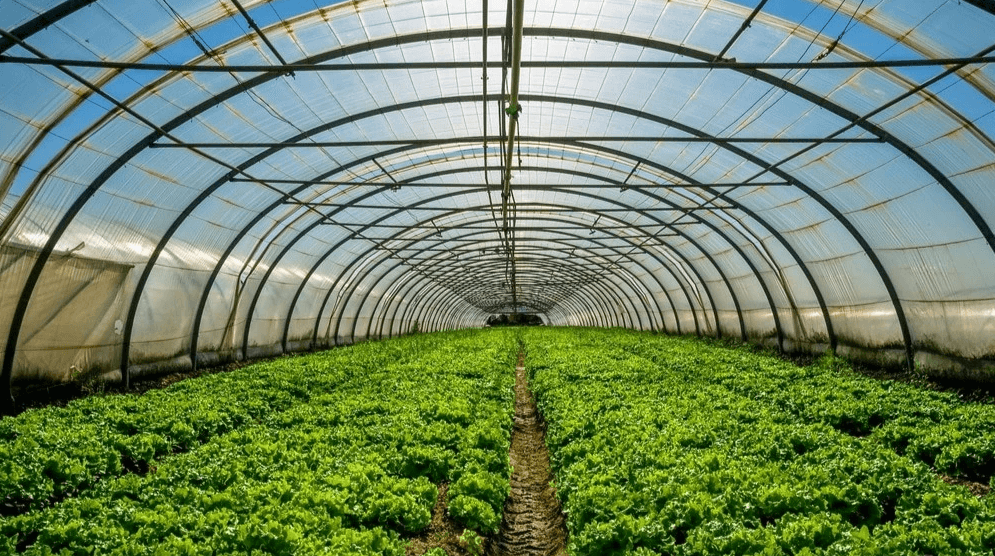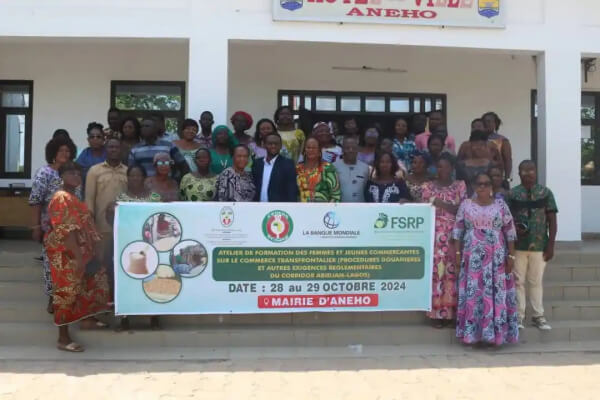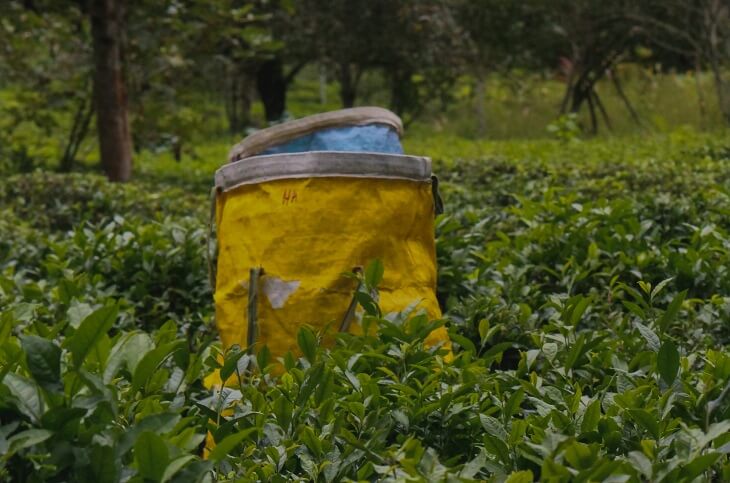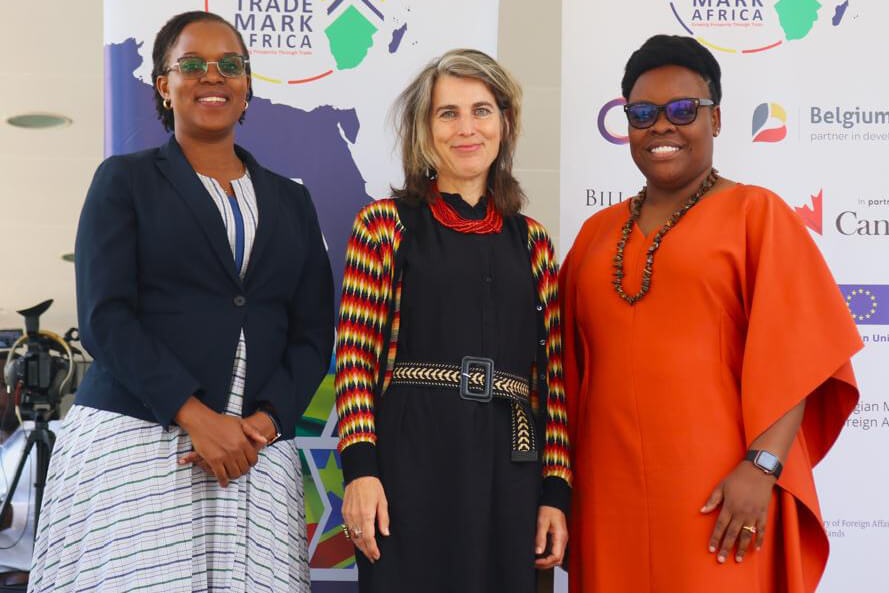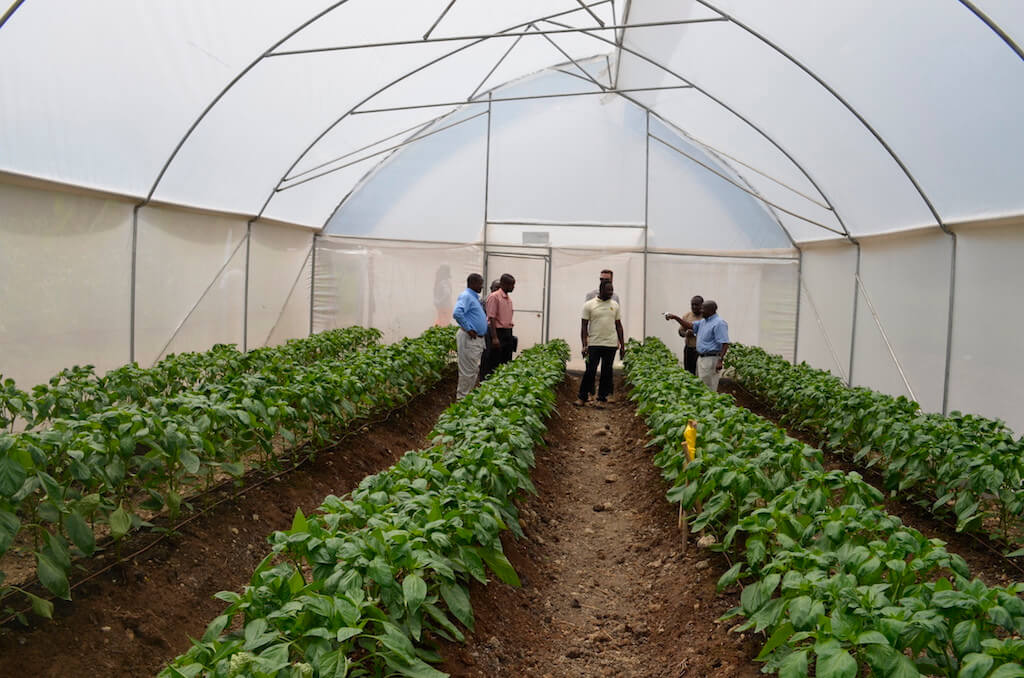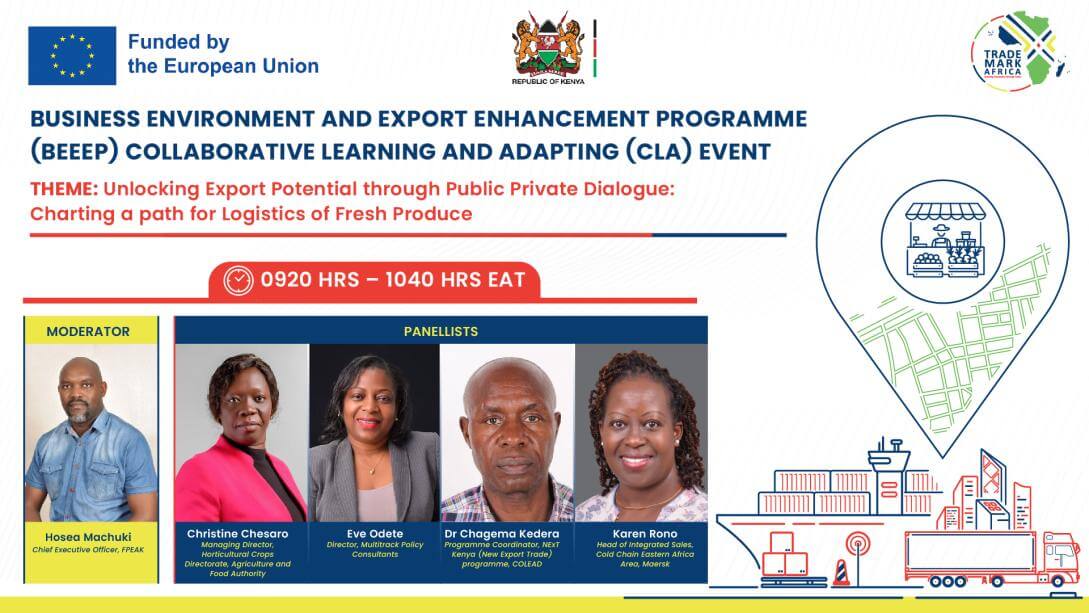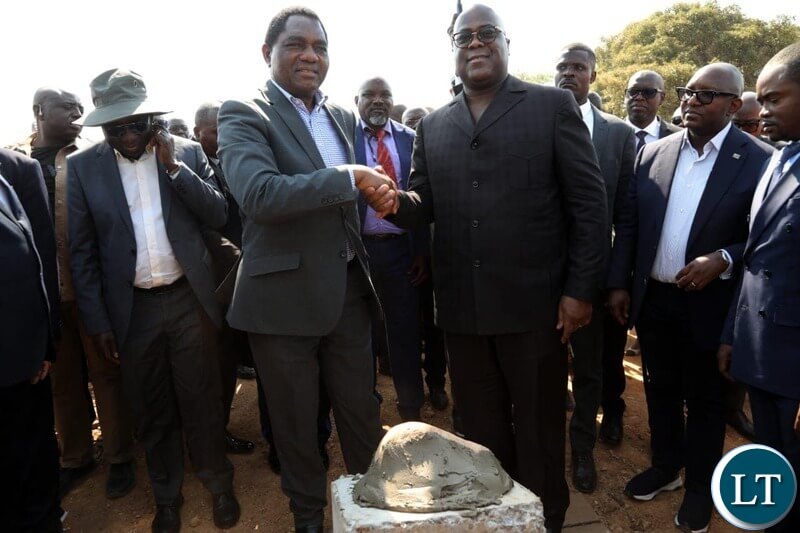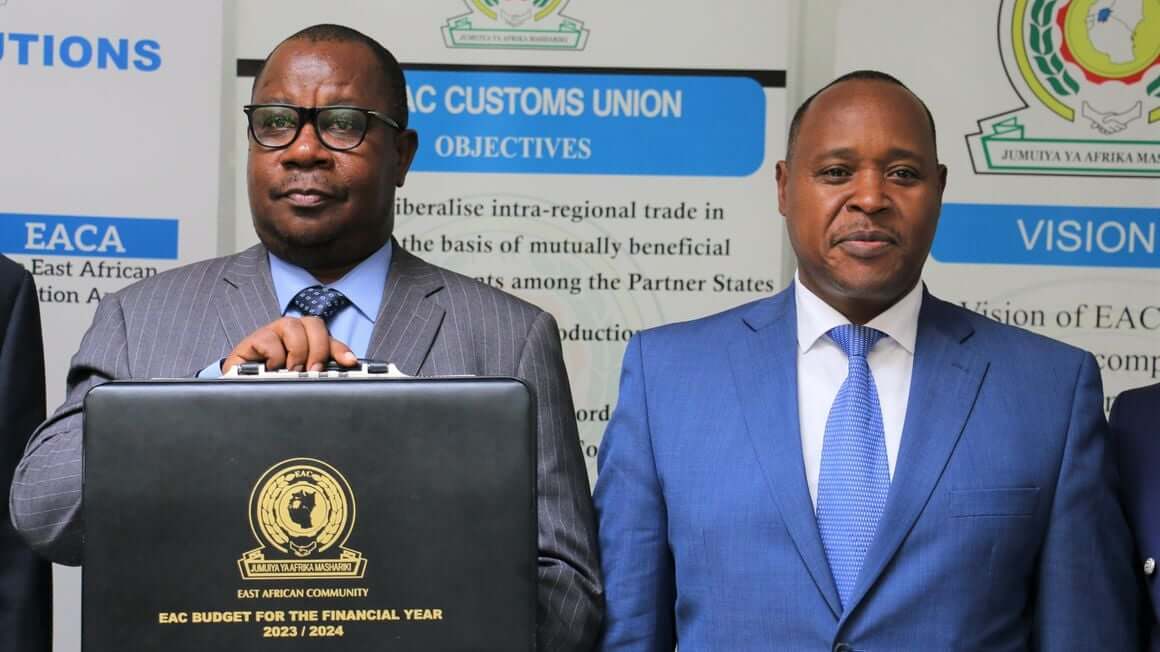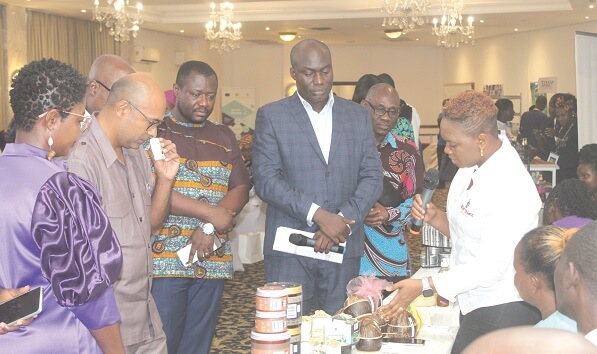EIGHT Tanzanian exporters have secured agreements to deliver 960 metric tonnes of fruits and vegetables to Britain, estimated at $2.8m annually if it is sustained. Anthony Chamanga, the Tanzania Horticultural Association (TAHA) chief development manager, said at a press conference yesterday that horticultural farmers are staring at an export windfall as the UK’s broad and lucrative market opens its gates. The UK, renowned as one of the world's most lucrative marketplaces, has approved eight Tanzanian horticultural export companies for entry, offering a promising opportunity for local farmers. The rising demand in the UK for fresh produce, fueled by the health-conscious middle class, has positioned fruits and vegetables as the top performers in imported food items. Mbelwa Kairuki, the country’s high commissioner to the UK, played an essential role in linking local exporters with UK buyers, with dedicated collaboration from TAHA. Experts predict this venture will create approximately 3,800 job opportunities along the supply chain, helping to boost agro-sector unemployment. The Horticulture Exports Accelerator Program (HEAP), a newly developed initiative in partnership with TAHA, was facilitated by a delegation of eight local companies making the trip to connect with leading UK importers and explore collaboration opportunities. The TAHA executive led the delegation, participating in a key event held by the Fresh Produce Consortium to present their products and finalize contracts with potential buyers. During their visit, the Tanzanian delegation also explored Spitalfields Market, a central wholesale hub for horticultural imports in London, setting up networking contacts with traders for future partnerships....
Horticultural exporters find $2.8m niche in UK
Posted on: October 31, 2024
Posted on: October 31, 2024

